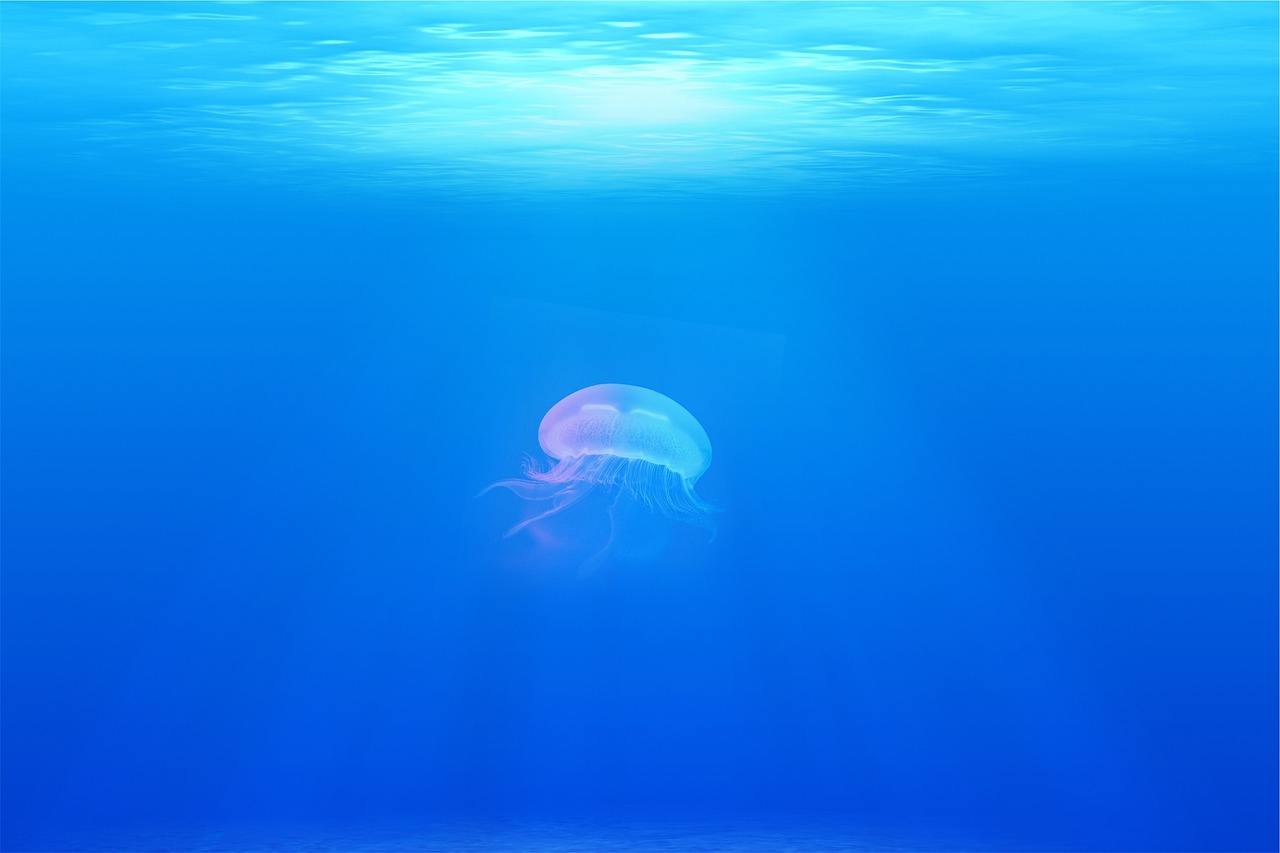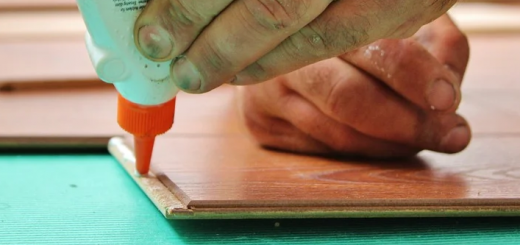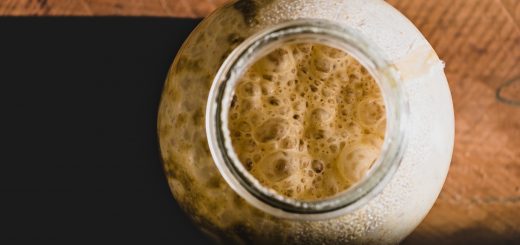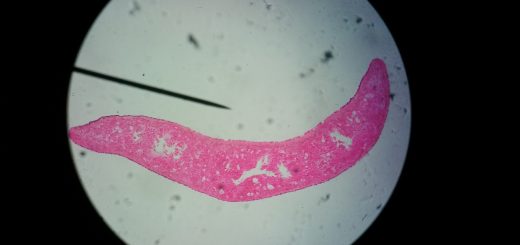Cleaning up our Oceans

Author(s): Anatolia College
Lesson plan summary
Through this lesson plan, students will learn about green Chemistry, the ocean, and how human activities can affect the environment. After an introduction to green chemistry and the oceans, they will discuss environmental problems related to the oceans such as plastics and oil spills. They will use the design cycle to find ways to clean the ocean from an oil spill and from plastics. Through this activity, students will learn about mixtures and separation techniques.
| Subject | Green Chemistry |
| Topic | Cleaning up our oceans |
| Age of students | Elementary 6-12 |
| Preparation time | 30 Minutes |
| Teaching time | 180 Minutes |
Online teaching material (links for online material)
- Introducing Green Chemistry: The Science of Solutions
- The oceans
- The Pacific
- Oil spill
Offline teaching material
- “12 Principles of Green Chemistry” from Figure 4.1: (p.30). 12 Principles of Green Chemistry from Green Chemistry: Theory and Practice (1998) by Anastas P and Warner J. By Permission of Oxford University Press.
- American Chemical Society Green Chemistry Institute
- EPA Green Chemistry
- Beyond Benign
- https://www.youtube.com/watch?v=PqxMzKLYrZ4
- https://www.youtube.com/watch?v=RzkJkEKV8Yk
- https://www.youtube.com/watch?v=IDhapt7nw4A
Aim of the lesson
By the end of this lesson students will:
- Understand what Green Chemistry is
- Learn about the Ocean and its importance for life
- Use the design cycle to find ways to clean an oil spill
- Use the design cycle to find ways to clean the Ocean from plastics
Activities
Introduction to Green Chemistry (45 min)
- Start the lesson with introductory questions: What does a chemist do? What are some chemical products? What do you think about when you hear the words “Green Chemistry”? What is environmental science?
- Students can watch the introductory video …
- Students will be introduced to the 12 Principles of Green Chemistry.
- Activity: Think about what Green Chemistry means to you.
- Present the 12 principles in your own words.
- Students will be divided in groups. Each group will be assigned with a green Chemistry principle and will be asked to present it with a skit, a drawing or even a song to their classmates.
Our Oceans (45 min)
- Start the lesson by giving the students some information about the Oceans
- Use Google Oceans
Oceans of Plastic (45 min)
- Motivate students to be part of the greening effort for a sustainable future.
Oil spills in the Ocean (45 min)
Assessment
Describe here the assessment method of the lesson, if any. For example, if you plan on assessing your students with a quiz, include here questions and answer options with color-coding the correct answers.





